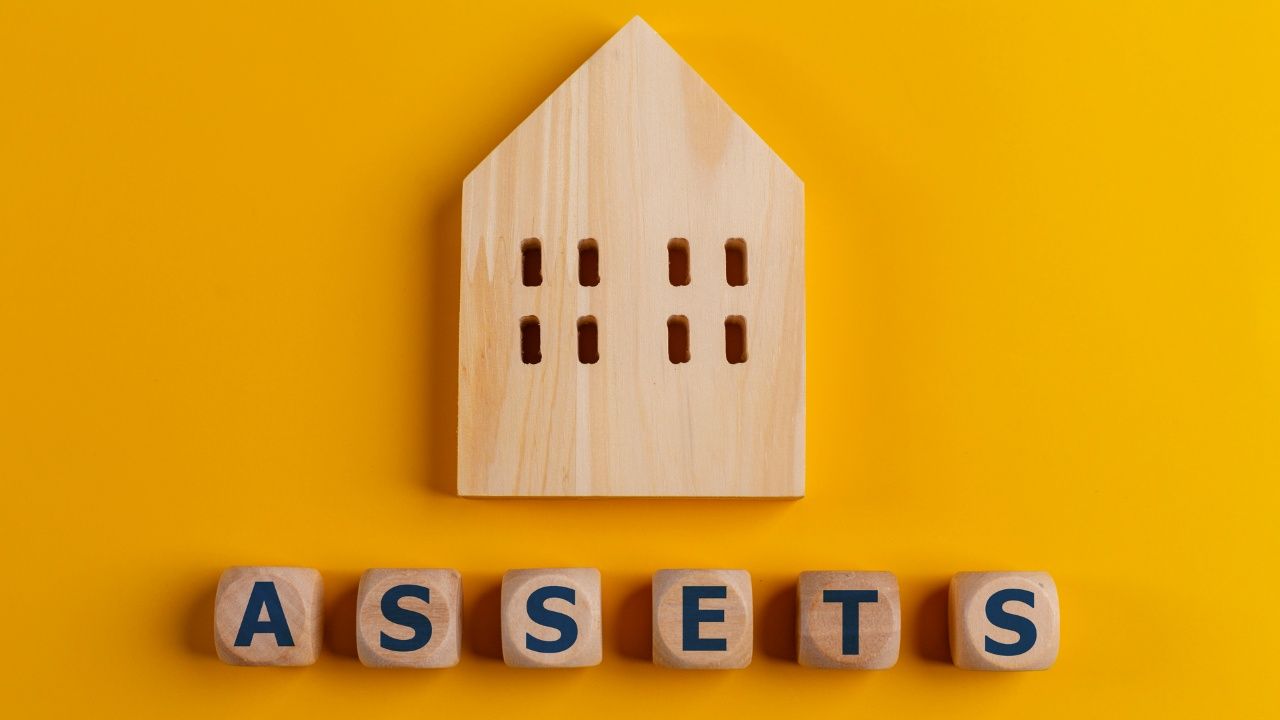What is a Financial Order in Divorce in the UK?

Going through a divorce can be one of life's most challenging experiences, no matter whether it’s after 1, 5 or 20+ years of marriage. Amidst the emotional turmoil, there will also be a number of practical matters that need addressing, particularly when it comes to finances. And if you're going through a divorce in the UK, you've likely heard the term "financial order” - but what exactly is it, and why is it so important? Let's break it down.
What is a Financial Order?
So, what's the deal with financial orders? Simply put, a financial order is a legally binding agreement that sets out how assets, income, and financial responsibilities are divided between you and your former spouse after a divorce. It's a court-approved document that provides a clear and enforceable framework for your financial separation. Think of it as the financial rulebook for your post-divorce life. It helps answer questions such as: "Who gets the house?" or "Will there be spousal maintenance?"
Why is a Financial Order Important?
You might be wondering, "Why bother with a financial order? Can't we just sort it out ourselves?" While informal agreements can work for some, they are not legally binding and therefore would not have the enforceability of a court order. A financial order provides certainty and security. It ensures that both parties understand their rights and obligations, reducing the risk of future disputes. Without one, either party could potentially make a financial claim against the other years down the line, even after you think everything's settled.
Types of Financial Orders in the UK
Financial orders aren't one-size-fits-all. There are different types, each serving a specific purpose. Understanding these can help you figure out what might be relevant to your situation.
Clean Break Orders
What's a clean break order, you ask? As the name suggests, it's designed to sever financial ties between you and your ex-spouse completely. This means neither party can make future financial claims against the other. It's often preferred when both parties are financially independent or when there are sufficient assets for a one-off settlement.
Consent Orders
A consent order is an agreement reached amicably between you and your former spouse, which is then approved by the court to make it legally binding. It's a popular choice because it gives you both control over the outcome, rather than leaving it entirely in the hands of a judge. Plus, it tends to be quicker and less costly than a contested court hearing. You may be wondering, "how much does a divorce cost in UK?" The answer can vary widely, but consent orders can help keep costs down.
Maintenance Orders
Sometimes, one spouse may need ongoing financial support from the other, especially if there's a significant disparity in income or earning capacity. A maintenance order, also known as a spousal maintenance order, sets out the amount and duration of these payments. It can be for a fixed term or, in rare cases, for the rest of the recipient's life.
Pension Sharing Orders
Pensions are often one of the most valuable assets in a marriage. A pension-sharing order allows for a percentage of one spouse's pension to be transferred to the other. This ensures a fairer distribution of retirement resources, particularly if one party has significantly more pension savings than the other.
Property Adjustment Orders
When it comes to dividing property, especially the family home, a property adjustment order comes into play. This type of order can dictate that a property be sold, or transferred to one party, or even that one party has the right to live in it for a certain period.
How to Get a Financial Order in the UK

Now that you have a better understanding of the types of financial orders, how do you go about getting one?
Do You Need a Financial Order?
Firstly, it is always advisable to have a financial order to protect both parties’ interests in respect of future claims. If you and your ex-spouse have minimal assets and can agree on how to divide them, a financial order by consent could be agreed swiftly. However, if there are significant assets, debts, or ongoing financial obligations, a financial order is highly advisable to seek the advice of a solicitor for the best way forward.
Applying for a Financial Order
If you decide to proceed, you can apply for a financial order as part of the divorce process. You'll need to complete the relevant court application. This can be done even if you don't yet know exactly what financial arrangements you want, as it simply starts the process.
Role of Mediation in Financial Agreements
Before heading to court, consider mediation. A trained mediator can help you and your ex-spouse negotiate a financial settlement in a less adversarial setting. It's often quicker, cheaper, and less stressful than court proceedings. Many couples find that mediation helps them reach a mutually acceptable agreement, however, all cases are not suitable for mediation so it is worth speaking with a solicitor to discuss further before making a decision.
Court Process for Financial Orders
If mediation doesn't work or isn't suitable, the court will decide. The process involves several stages, including full financial disclosure from both parties. The court will consider all relevant information before making a final decision. If it gets to this point, it’s a good idea to seek advice from divorce case experts in Mayfair, who can represent your interests effectively.
Factors the Court Considers in Financial Orders
What factors will the court take into account when making a financial order? It's not arbitrary; there are specific guidelines they follow.
Needs of the Children
If you have children, their needs will be the court's first consideration. This includes ensuring they have a suitable home and that their living standards are maintained as far as possible.
Income and Earning Capacity
The court will assess each party's current and future earning potential. If one spouse has a significantly lower earning capacity, perhaps due to taking time out of the workforce to care for children, the court may order spousal maintenance or a larger share of the assets.
Contributions to the Marriage
Contributions to the marriage are considered broadly. This isn't just about financial contributions but also contributions like raising children or maintaining the home. Both financial and non-financial contributions are valued.
Length of the Marriage
The length of the marriage can influence the division of assets. Generally, the longer the marriage, the greater the expectation of an equal split. However, this isn't a hard and fast rule, and other factors will also be taken into account.
Final Thoughts
A financial order is an essential component of many divorces in the UK, and provides a legally binding framework for dividing assets and financial responsibilities, while also offering security and clarity for both parties. While the process can seem complex, understanding the different types of orders, the steps involved in obtaining one, and the factors the court considers can help you navigate it more effectively. Remember, seeking professional advice can make a significant difference in achieving a fair and satisfactory outcome, and we at Skylark Hill are always ready to help you through this challenging time.
Get In Touch
All Rights Reserved | Skylark Hill Solicitors












